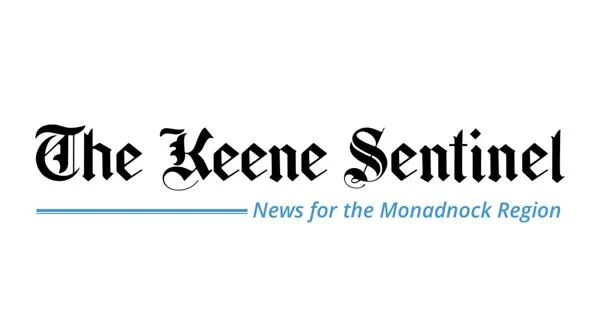Copyright keenesentinel

If you have a Medicare Advantage plan, chances are you’re unhappy right now. Two longstanding insurance carriers — Anthem and Martin’s Point — recently announced they will no longer offer individual Medicare Advantage plans in New Hampshire. And Aetna will discontinue plans in most counties, including Cheshire. Several other insurers are narrowing their service areas or scaling back the number of plans they offer. These changes will affect approximately 77,000 Granite Staters, according to the New Hampshire Insurance Department. WellSense and Humana will continue to offer Medicare Advantage plans statewide, including in Cheshire County, though plan types and availability will differ by region. WellSense is accepted by Cheshire Medical Center. Humana doesn’t have a contract with Cheshire Medical and several other members of the Dartmouth Health System. To get in-network care, patients on Humana’s Medicare Advantage plans would need to travel to Brattleboro Memorial Hospital or Monadnock Community Hospital in Peterborough. The private health insurers abandoning Medicare Advantage beneficiaries in the state cite decreased federal payments and rising health-care costs. This scenario illustrates why government entitlement programs such as Medicare and Social Security shouldn’t be privatized, as some Republicans have suggested they should be. When businesses decide a venture is no longer profitable, they cut and run. This would hurt millions of older Americans who rely on these programs, which they supported with payroll taxes during their working years. Local seniors Sentinel health reporter Elijah de Castro interviewed last week said they are left scrambling to find a new health insurance plan before they lose coverage at the end of the year. They worry about higher premiums, which could force them to cut back on other necessities like food, heat and clothing. A privatized version of Medicare, Medicare Advantage offers beneficiaries lower premiums than traditional Medicare, the federal health insurance program for people age 65 and older. The trade-offs include less comprehensive care and more prior authorizations. Local hospitals also cite high levels of administrative work and coverage denials. Insurance companies managing Medicare Advantage plans maintain that, in addition to lower government reimbursements and rising health-care costs, an increase in beneficiaries’ use of plans is cutting into profits, according to KFF, a nonprofit that reports health news. Seniors who switch to traditional Medicare will likely face higher premiums, and if they want to enroll in a Medigap plan (private supplemental insurance), medical underwriting applies. The decision varies by insurer, according to a Kiplinger report. You could be denied coverage, accepted but charged a higher premium or face a waiting period of up to six months before a pre-existing condition is covered. It’s complicated. The state insurance department says consumers should watch for a letter from either the federal Centers for Medicare and Medicaid Services or their Medicare Advantage carrier. If notified that they qualify for the special enrollment period, consumers should be able to get Medigap coverage, even if they have pre-existing conditions, the department says. But consumers with pre-existing conditions who don’t receive notice of a special enrollment period may not be eligible for Medigap. The department encourages individuals to call 603-271-2261 or send email to consumerservices@ins.nh.gov with questions. For years, some Republicans have pointed to privatization as a way to make popular federal entitlement programs like Medicare and Social Security solvent. Instead of working toward meaningful solutions like raising the eligibility age or increasing payroll taxes, both Democrats and Republicans in Congress have kicked the proverbial can down the road. Social Security is projected to become insolvent in 2032 and Medicare in 2036, so something must be done soon to save these programs. Privatizing them isn’t a good option, as Medicare Advantage demonstrates. Rather than being something that Americans can count on, these programs will become mutable, subject to the workings of private insurers motivated by profit.



